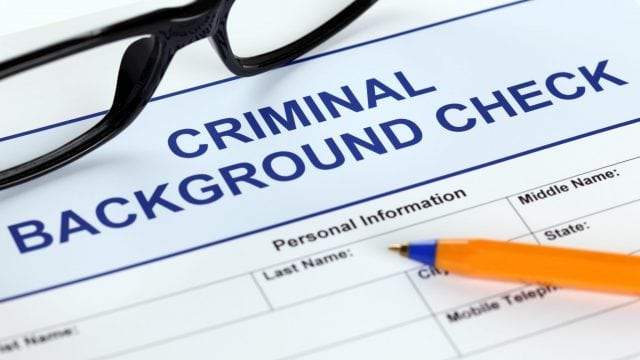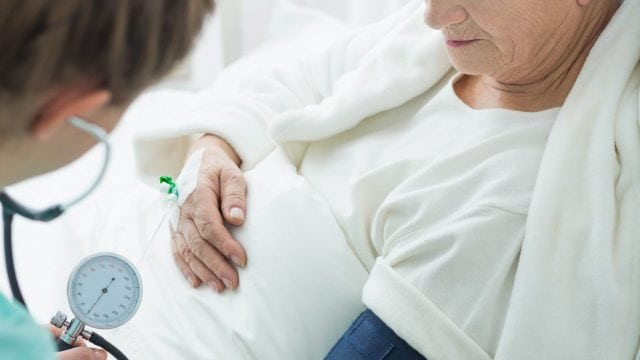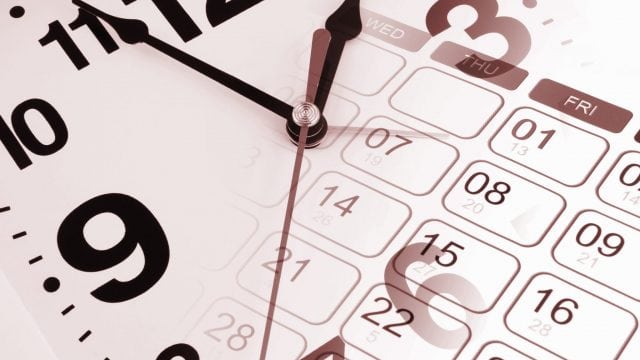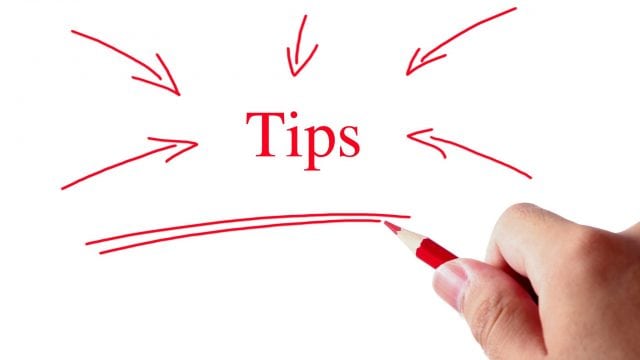 If your criminal background check states that you were no billed on certain criminal charges, you are probably wondering exactly what that means. In short, this means that the Grand Jury in your matter determined that the State did not have sufficient evidence against you to prosecute the case. Thus, although you were arrested, formal charges were never filed against you.
If your criminal background check states that you were no billed on certain criminal charges, you are probably wondering exactly what that means. In short, this means that the Grand Jury in your matter determined that the State did not have sufficient evidence against you to prosecute the case. Thus, although you were arrested, formal charges were never filed against you.
If your criminal background check reveals that you were “no billed” for a felony offense, you should seriously considering expunging that information from your record. Although you do not have a felony conviction on your record, you should be aware that — until you get your record expunged — it will show that you were arrested for the felony offense and that a Grand Jury returned a “no bill.” Obviously, you probably do not want potential employers or others looking at your criminal background to see that you were arrested for the felony offense. The only way to remove this information, however, is to apply to have the record of the arrest expunged from your record.
In order to properly understand the no billed terminology and exactly what this means for purposes of your criminal background, a brief overview of the Grand Jury process in New Jersey is provided below.
The New Jersey Grand Jury Process
New Jersey, if you are under Grand Jury investigation, you have likely been arrested for a criminal (felony) offense, but you have not yet been formally indicted. Article 1, paragraph 8 of the New Jersey Constitution requires that there must first be an indictment returned by the Grand Jury before an individual can be placed on trial in a New Jersey state court for a criminal (felony) offense.
A case, however, will only be presented to a Grand Jury in New Jersey if it is not settled in the pre-indictment phase of the proceedings. During the pre-indictment stage, the State can avoid presentation of the case to the Grand Jury altogether if the defendant agrees to enter into a plea negotiation or enters a diversionary program such as Pre-Trial Intervention (“PTI”). If the case is not resolved during pre-indictment, however, the State will have to present its case to the Grand Jury.
It is important to remember that, in New Jersey, the Grand Jury is not tasked with trying the case on its merits or with determining the overall guilt or innocence of the defendant. Rather, as an inquisitorial or accusing body, the primary function of the Grand Jury is to listen to the State’s evidence in order to determine whether or not there is enough evidence against the accused to require them to stand trial. Thus, the role of the Grand Jury is to investigate criminal complaints, with the goal of either bringing charges against those responsible for criminal conduct, or refusing to bring charges where prosecution is unwarranted.
The Grand Jury consists of 23 people. In order to secure an indictment against the defendant, a majority (12 or more people) must vote to indict the defendant. At a Grand Jury hearing, the prosecutor’s office will present their evidence to the Grand Jury, including any witnesses they have subpoenaed to testify in order to establish their case against the accused. Neither the defendant their attorney may attend the grand jury proceedings unless the defendant asks to testify before the grand jury. After hearing the evidence and the testimony of the State’s witnesses with respect to the charges against the accused, the Grand Jury must determine whether or not to indict. An indictment simply means that formal charges will be issued against the defendant.
True Bill Indictment
If the Grand Jury concludes that there is probable cause to believe that an indictment crime (felony) was committed by the defendant, then they will issue an indictment (also known as a “true bill”). The prosecutor will then prepare the formal charging document — the indictment. The case will then proceed to arraignment.
No Billed Indictment
If the Grand Jury determines that there is not sufficient evidence they will return a no bill on those charges. This outcome results in immediate dismissal of the felony charge that was filed against the defendant in the criminal complaint.. If the Grand Jury returns a “no bill,” the the Assignment Judge must be informed and arrangements must be made for the immediate release of the defendant. The Prosecutor can then seek to either retry to indictment or forego any further prosecution of the offense.
New Jersey Expungement Lawyers – $895.00 Expungements
If you have any questions about your criminal background check results or the effect of a no billed charge, contact the New Jersey expungement lawyers at Katherine O’Brien Law today for a free consultation. Our expungement lawyers are not only highly experienced, but we also offer affordable expungement services with expungements starting at only $895.00 – all inclusive. Call us now.







